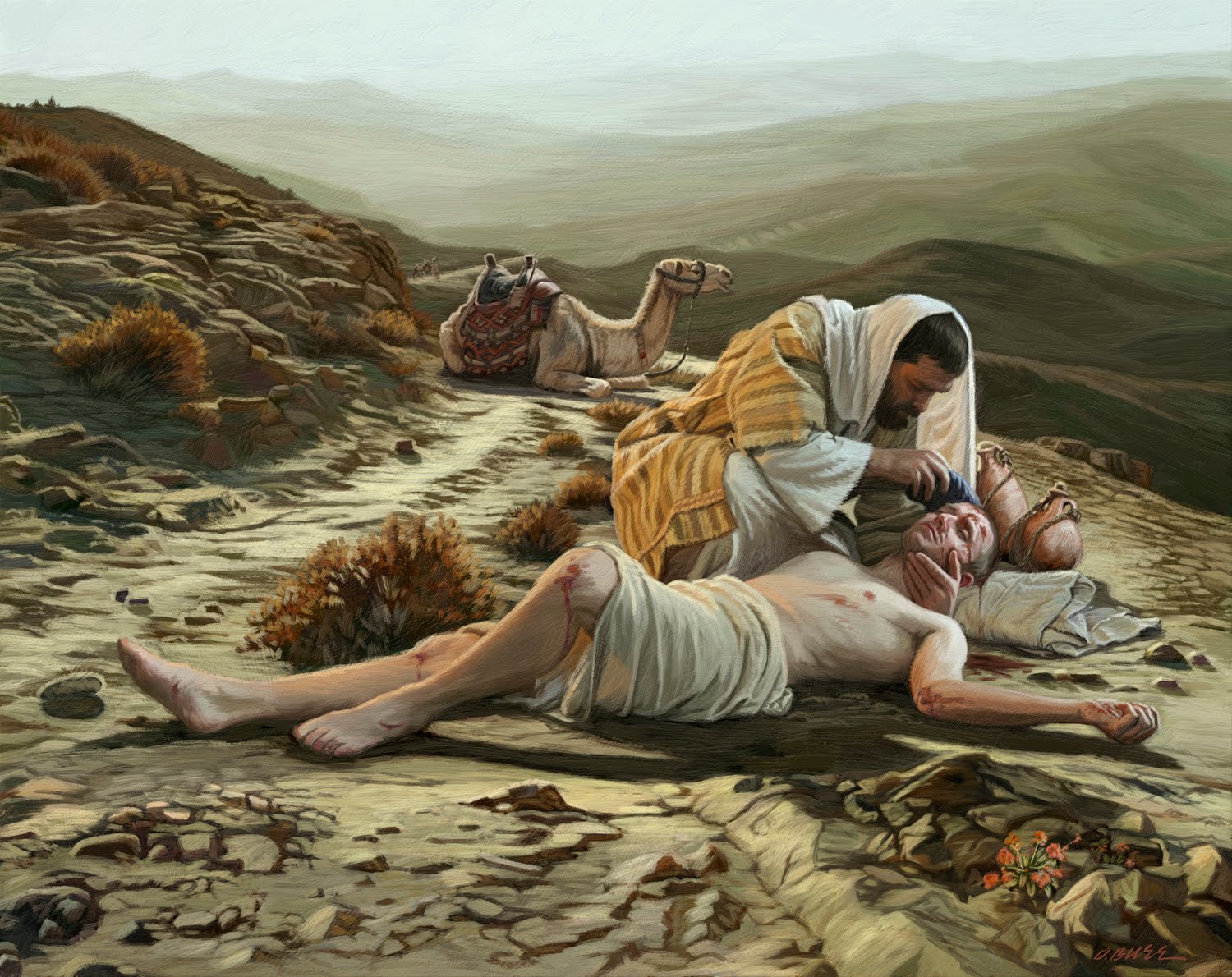This week I had the opportunity to read in John 11-17 and learn about raising Lazarus, the triumphal entry, the last supper, the Holy Ghost, joy, and the intercessory prayer.
I'm going to write this post on the intercessory prayer because before this week, I didn't know what the intercessory prayer was. I learned that the prayer is found in John 17, and then looked up what it meant in the LDS New Testament teacher manual (it can be found here: https://www.lds.org/manual/new-testament-teacher-manual/the-gospel-according-to-st-john/lesson-27-john-17-19?lang=eng).
The manual states that "An intercessor is someone who intercedes, mediates, advocates, or pleads in behalf of another." I love this because Jesus is the person who pleads for us. God has the obligation to fulfill the law of justice, but Jesus brings in mercy. God holds us accountable for what we did wrong, but Jesus reminds him of the good and the repenting that we did. Jesus Christ intercedes, mediates, advocates, and pleads in our behalf. He is the only way to gain eternal life.
In the intercessory prayer, Jesus prays to Heavenly Father to keep us from evil, that we might believe on His name, and that we might know that God loves us just as he loves Christ. I love that he prayed for all of these things because the are things that I need to be reminded of daily. I am not perfect, and never will be in this life, but with Jesus Christ on my side, I cannot fail.
When you are feeling down, or having a hard time, just remember that your God and your Savior love you and they are rooting for you. They will help you with whatever you need; you just need to ask.
This week's study principle:
Context- Make sure that you know when and where a chapter, verse, excerpt, etc is taking place. This will help you to understand what it happening. For example, if you didn't know that that intercessory prayer happens right around the time of the atonement, it wouldn't make much sense. But to know that is is taking place right when He is suffering for our sins, it has so much more meaning.




